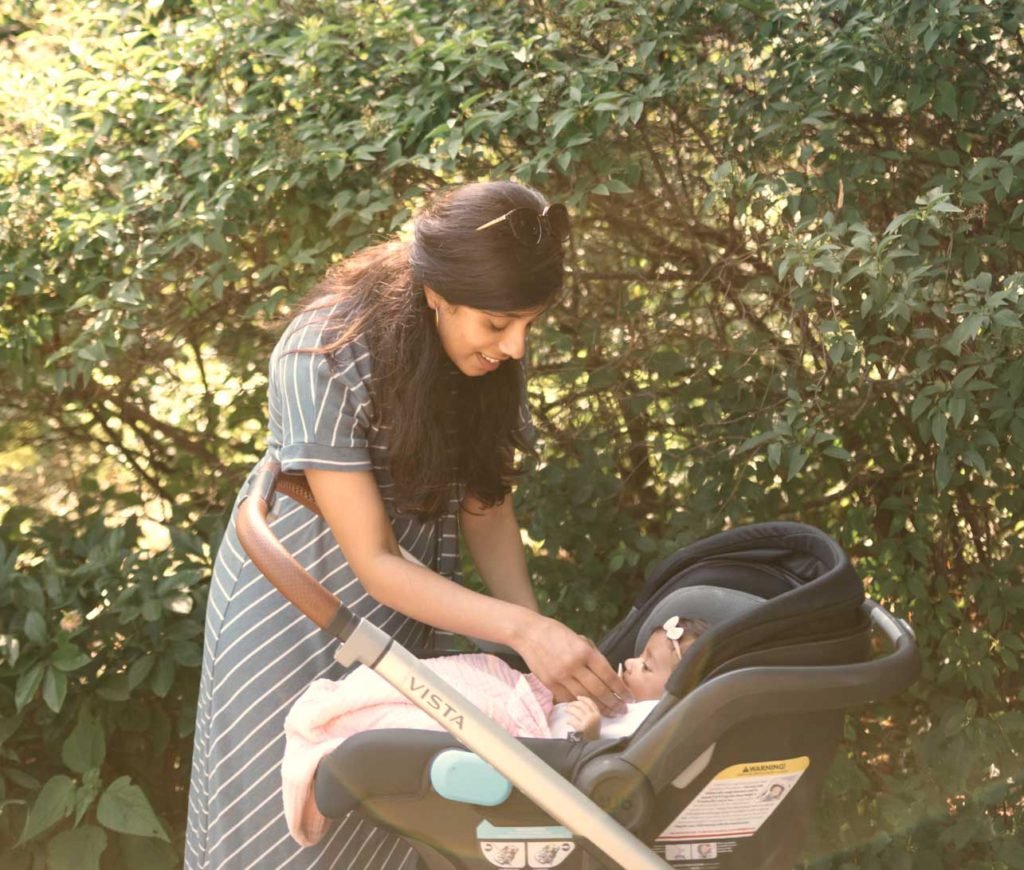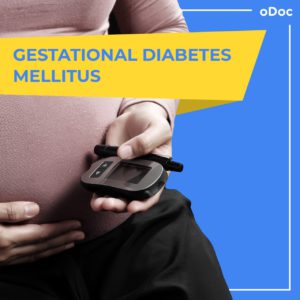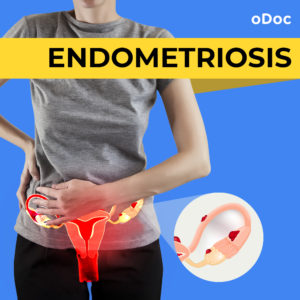
Menopause Brain Fog is real: A Simple Guide with Symptoms and Treatment
Menopause Brain Fog is real: A Simple Guide with Symptoms and Treatment Women in their 40s and 50s who are just entering the end of
You’ve just given birth. You’ve created a new life. Your body and mind have gone through a huge transformation over the last nine months. And now you have this whole other tiny human being that you need to care for and nurture. Obviously, you cannot go back to regular scheduled programming and you shouldn’t have to!
Even if you’ve been waiting so long for your baby and it is everything you’ve ever wanted and dreamed about, you are still bound to feel overwhelmed, emotional and maybe even moody. Let us shout it from the rooftops: THIS IS COMPLETELY NORMAL AND VERY COMMON FOR NEW MOTHERS.
Postpartum “baby blues” are extremely common. You’re operating on very little sleep, your hormones are on a rollercoaster, you’re adjusting to the realities of parenting a new baby so it’s no wonder you’re experiencing mood swings!

But still you might be worrying about whether it is normal to feel this way. You might be wondering if this low feeling will go away in a few days or if you have something more serious, such as postpartum depression.
Symptoms of “baby blues”
How long are “blues” expected to last?
One important distinction between the “baby blues” and postpartum depression is that the “baby blues” are temporary. You are most likely going to experience “blues” for the first few days after giving birth. Symptoms that last more than two weeks might signal that you could have potentially developed postpartum depression and it is time to have a discussion with your doctor.
Symptoms of postpartum depression
Postpartum depression does share many of the same moodiness as “baby blues” but symptoms are usually more intense and disturbing.

Treatment for “baby blues”
Just because postpartum blues are very common doesn’t mean it’s easy to go through. Here’s what you can do to cope.
Treatment for postpartum depression
If your baby “baby blues” don’t ease up after 2 weeks or if you’re experiencing symptoms of postpartum depression, don’t wait till your next check up with your doctor. Get in touch right away.
You may feel ashamed or embarrassed that you’re feeling this way, especially after this magical thing has happened in your life but you’re not alone with these feelings. 1 in 5 women experience postpartum depression after childbirth. Your doctor may recommend medication and/or therapy. You can also make healthy choices in your lifestyle such as:
Causes of postpartum depression
The exact cause isn’t clear but experts say that postpartum depression may be triggered by both physical and emotional factors.
Risk factors of postpartum depression
Any new mother can experience postpartum depression after childbirth, even if its not their first baby. However, your risk increases if:
Speak to a doctor on oDoc if you think you might be having the above symptoms. This is a judgement-free zone where your doctors will NOT shame you and will only help you to feel better. Click here to download the app.
References:

Menopause Brain Fog is real: A Simple Guide with Symptoms and Treatment Women in their 40s and 50s who are just entering the end of

Did you know that gestational diabetes mellitus, also known as GMD, is one of the most common medical complications of pregnancy? What is GMD? Why

Endometriosis No woman looks forward to “that time of the month.” Dealing with nausea, stomach cramps, mood swings, back pains and fatigue, all whilst facing
Get the latest health tips delivered straight to your inbox!